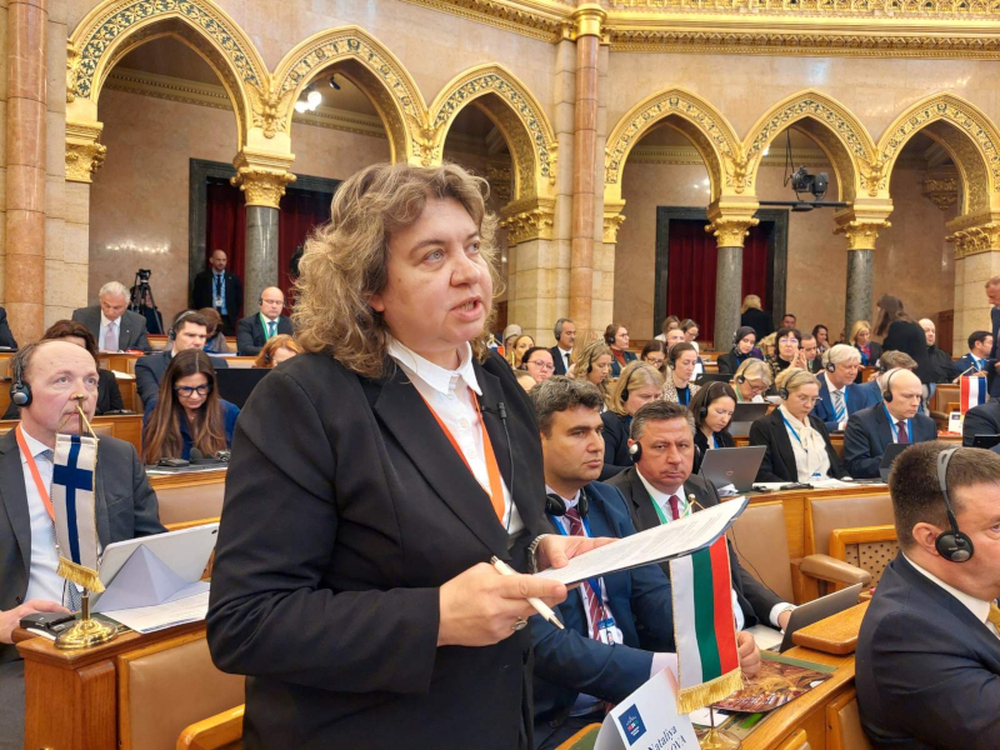site.btaParliament Leader Kiselova: EU's Strength Lies in Its Ability to Reform Itself


The strength of the European Union (EU) lies in its ability to reform itself based on its fundamental values - a sense of social justice, solidarity and a desire for peace in Europe, National Assembly Chair Nataliya Kiselova said in her remarks to the participants in the Conference of Speakers of European Union Parliaments in Budapest as quoted by the press office of the National Assembly on Monday.
Kiselova made a statement on the future of the European Union - common perspectives, federalism or national sovereignty.
“The debate on the direction of the EU's development must take into account the fundamental objectives around which we have united and our community was established, including the role and place of national parliaments,” Kiselova stressed.
The National Assembly Chair expressed her conviction that the EU member states have the necessary political will to continue developing, despite the difficulties. “The future of the European Union depends both on our ability to respond to the global challenges we face and on whether we have the strength to uphold the objectives that are the foundation of our Union,” Nataliya Kiselova said. Among the main foundations of the EU, she pointed to democracy based on peace, freedom, security and justice, the promotion of scientific and technological progress, the fight against social exclusion and discrimination, the promotion of social justice, the strengthening of economic and territorial cohesion and solidarity between EU countries, and respect for the Union's rich cultural and linguistic diversity.
The implementation of these objectives required the creation of an administration that would help, rather than control and sanction Member States from a position of infallibility, the leader of the National Assembly stressed. Kiselova said dialogue was needed because its absence was giving rise to rising waves of anti-Europeanism. Criticism of the European institutions should be heard and understood and not lead to the seizure of powers of the nation state, which would prevent many of the problems we face today, she added.
Bulgaria traditionally maintains the understanding that consensus should be maintained on key areas of integration, including enlargement policy, common foreign and security policy, the multiannual financial framework, as well as tax policy, Kiselova said. “We believe that decisions by consensus are a sign of a high level of political commitment and contribute most to the democratic legitimacy so necessary for the work of the European institutions,” she added.
The Conference of Speakers of European Union Parliaments was opened by Laszlo Kover, Speaker of the Hungarian National Assembly. Hungarian Prime Minister Viktor Orban addressed the conference with opening remarks.
During the first session the keynote speakers were Walter Rosenkranz, President of the Austrian National Council, and Roberta Mezzola, President of the European Parliament.
/PP/
news.modal.header
news.modal.text